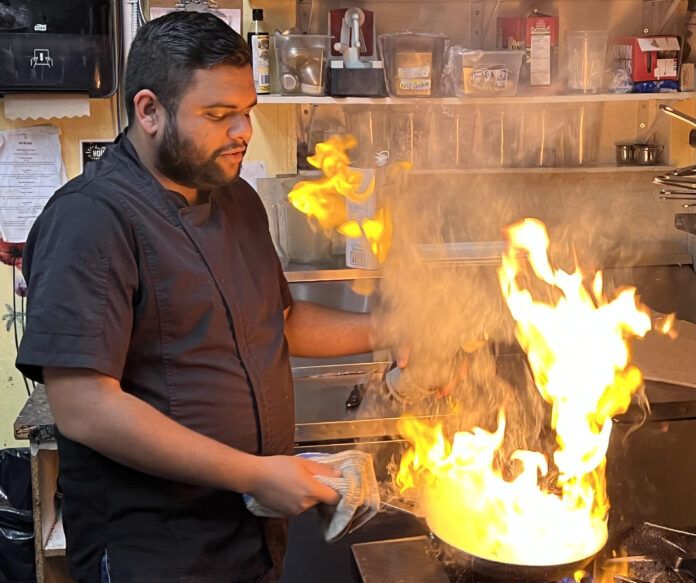Life was rough for one graduate of Selkirk College’s culinary management program after he could only work minimal hours while attending school full time.
Rahul Joshi says he came to Nelson from India to study from 2018-19 where he shared an apartment with seven other students because housing was unaffordable even back then.
Joshi worked 20 hours a week to make ends meet, which was all the federal government allowed international students to work while in Canada.
“If the Canadian government caught international students working more than their hours they could be deported, and this has happened in the past,” Joshi says. “The government is really strict on this.”
Starting Nov. 15, however, students from other countries will be able to work 40 hours a week in addition to their schooling.
Joshi says he is grateful students are able to work more hours to make ends meet, but he is worried that some might get too money hungry and forget the reason they are in Canada, which could have dire consequences on their future.
“I think it is good in a way,” says Joshi. “They don’t have to struggle financially, they can earn their bread and butter easily, but on the same side I think it could affect their studies at some point.”
He says this might not be true if students can find a balance between work, study and social time. In fact, he says it could benefit them.
“If students focus on school they will be rewarded,” he says. “Students will get their work permit and permanent residency easily. If students focus on work they will fall behind, and that will prolong schooling.”
Joshi is currently working as the head chef at Finley’s Bar and Grill.





